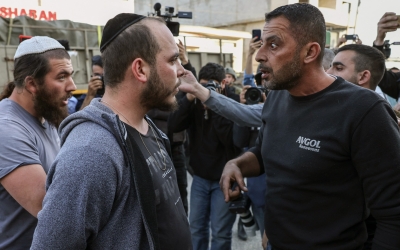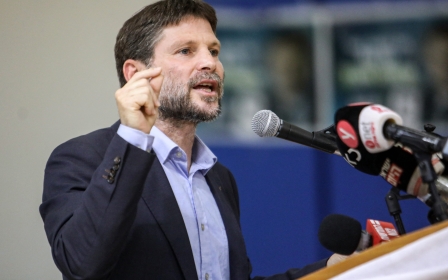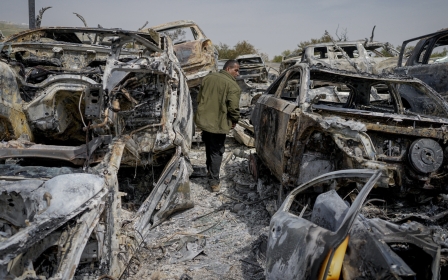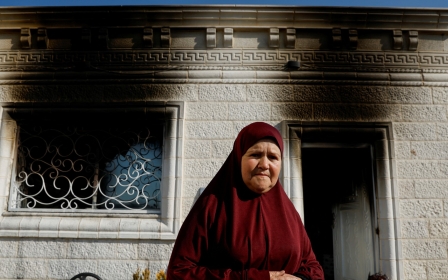Netanyahu, Israeli officials deny settlement freeze after Aqaba summit
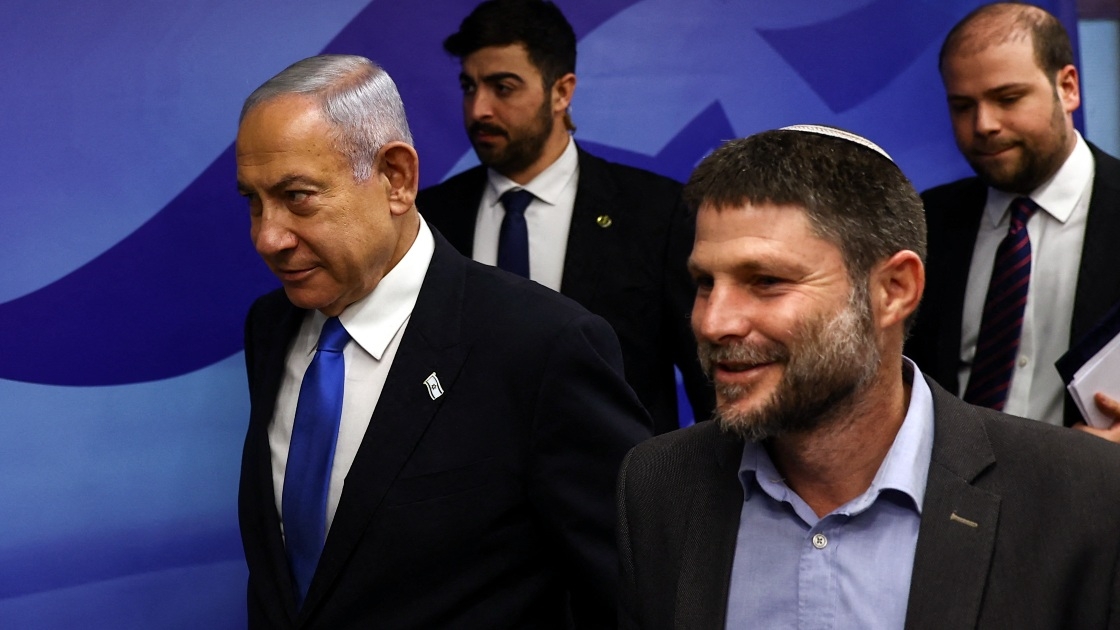
Just hours after a meeting between Israel and the Palestinian Authority, which ended in a joint statement outlining an Israeli commitment to suspend discussions on new settlements in the occupied West Bank, Israel’s Prime Minister Benjamin Netanyahu said the building of Israeli settlements will continue to go ahead.
The seemingly contradictory remarks led to confusion, as a number of Israeli officials were quick to deny the freezing of settlement construction in the West Bank.
The meeting, which took place on Sunday in the Red Sea city of Aqaba in Jordan, was also attended by Egypt and the United States.
According to a joint communique released by the US State Department on Sunday, Israel committed to "stop discussion of any new settlement units for four months and to stop authorisation of any outposts for six months".
Shortly after the communique was released, Netanyahu tweeted that there "will not be any freeze" to settlement construction.
Under international law, settlements built in occupied territories are considered illegal.
A number of top ministers in Israel agreed, saying there was no commitment to freeze the construction of new settlement units.
Israel’s National Security Council adviser, Tzachi Hanegbi, said the Israeli government would not roll back its decision to legalise nine West Bank outposts or build 9,500 additional housing units in the occupied West Bank.
“Contrary to reports and tweets about the meeting in Jordan, there is no change in Israeli policy,” Hanegbi said.
Finance Minister Bezalel Smotrich said on Twitter that he had "no clue what they talked or didn’t talk about in Jordan”, adding there would not be a freeze on settlements "even for one day".
Sources familiar with the talks told Haaretz that the commitment not to discuss new settlement construction for four months does not constitute a real concession, given that the planning process would take several months before new additional housing units could even be approved.
In response to the statements from Netanyahu and other Israeli ministers, State Department spokesperson Ned Price told reporters on Monday: "We think the statement speaks for itself."
"Just as we expect the Palestinians to live up to their commitments, we expect the Israelis to do the same."
No US pressure
Zaha Hassan, a human rights lawyer and fellow at the Carnegie Endowment for International Peace, said the meeting was another sign the US was not willing to use its leverage to push Israel towards respecting international law.
"Holding meetings in Aqaba or Sharm El Sheikh are great photo ops, but that is all they can be without US power deployed to deescalate the situation."
'Telling Israel that aid and political cover will never be withdrawn or suspended is exactly the reason why Israeli officials feel emboldened'
- Zaha Hassan, Carnegie Endowment for International Peace
Hassan said the US has made it clear that Washington's bilateral ties with Israel are critically important, and that President Joe Biden has "considered it outrageous" to suggest conditioning military aid to the country.
"Telling Israel that aid and political cover will never be withdrawn or suspended is exactly the reason why Israeli officials feel emboldened to move ahead with annexation of the West Bank," she added.
"It is also why Israeli Knesset members feel free to speak out in support of Israel settlers attacking and setting fire to Palestinian villages."
On Sunday, Israeli settlers, under the protection of Israeli forces, burned dozens of Palestinian homes and cars in the town of Huwwara, near the city of Nablus in the occupied West Bank. The attack came after a Palestinian gunman shot dead two Israeli settlers driving through the Palestinian town.
The attack on the town was supported by Israeli officials, including Smotrich who called for "striking the cities of terror and its instigators without mercy, with tanks and helicopters".
At least 62 Palestinians have been killed by Israelis this year, at a rate of more than one fatality per day.
This follows a steep increase in violence in 2022, when at least 167 Palestinians were killed in the West Bank and East Jerusalem, the highest death toll in those territories in a single year since the Second Intifada.
While the talks in Aqaba were described as "great progress" by the joint communique, the summit was condemned by a number of Palestinian factions.
Suhail al-Hindi, a senior member of the Hamas movement, said the Aqaba meeting "aims to bring the Palestinian people to their knees", while Maher Mezher, a member of the leftist Popular Front for the Liberation of Palestine (PFLP), said the summit does not represent the Palestinian people.
Middle East Eye delivers independent and unrivalled coverage and analysis of the Middle East, North Africa and beyond. To learn more about republishing this content and the associated fees, please fill out this form. More about MEE can be found here.


